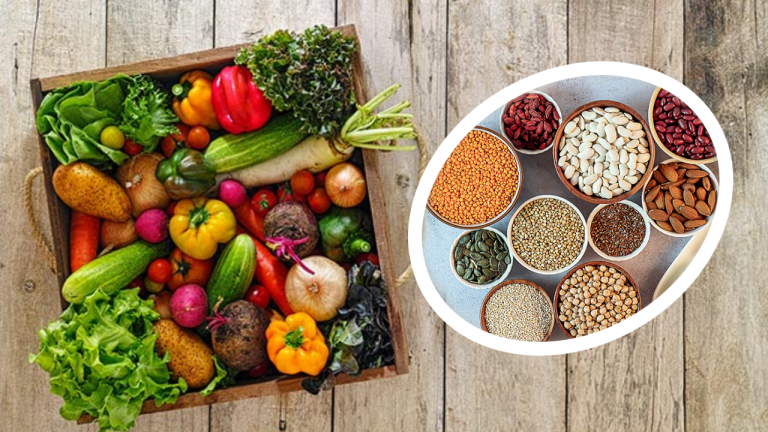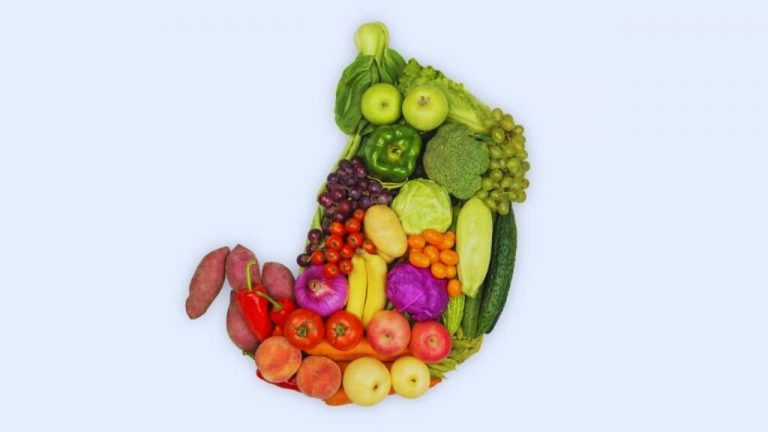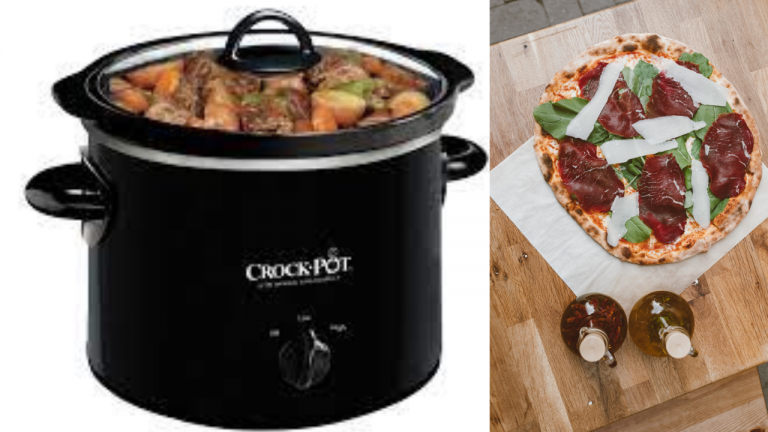Basic Nutrition for Special Conditions ( Obesity, High Blood pressure, Anemia)

Certainly, here’s an overview of basic nutrition considerations for three specific special conditions: obesity, high blood pressure, and anemia.
1. Obesity:
Obesity is often addressed by focusing on balanced nutrition, portion control, and adopting healthier eating habits.
Balanced Diet: Emphasize whole, nutrient-dense foods like fruits, vegetables, lean proteins, whole grains, and healthy fats.
Portion Control: Be mindful of portion sizes to avoid overeating. Using smaller plates and bowls can help.
Limit Added Sugars: Minimize sugary beverages, sweets, and processed foods high in added sugars.
Regular Physical Activity: Combine a balanced diet with regular exercise to support weight management and overall health.
Mindful Eating: Pay attention to hunger and fullness cues, and avoid eating out of boredom or emotions.
2. High Blood Pressure (Hypertension):
Diet plays a crucial role in managing blood pressure. The DASH diet (Dietary Approaches to Stop Hypertension) is commonly recommended.
Sodium Reduction: Reduce sodium intake by limiting processed foods, canned soups, and salty snacks.
Potassium-Rich Foods: Increase potassium intake from sources like bananas, oranges, leafy greens, and beans, as potassium helps balance sodium levels.
Magnesium-Rich Foods: Magnesium-rich foods like nuts, seeds, and whole grains can also contribute to blood pressure management.
Limit Saturated and Trans Fats: Choose lean proteins and healthy fats like olive oil instead of saturated and trans fats.
Moderate Alcohol Consumption: If you drink alcohol, do so in moderation.
High-Fiber Diet: Fiber from whole grains, fruits, and vegetables supports heart health.
3. Anemia:
Anemia is often characterized by a deficiency in iron, vitamin B12, or folate. Nutrition can play a key role in preventing and managing anemia.
Iron-Rich Foods: Include iron sources such as lean meats, poultry, fish, beans, lentils, tofu, and fortified cereals.
Vitamin C-Rich Foods: Consume vitamin C-rich foods like citrus fruits, bell peppers, and broccoli to enhance iron absorption.
Folate-Rich Foods: Include folate from sources like leafy greens, legumes, and fortified grains.
Vitamin B12 Sources: If you’re at risk of vitamin B12 deficiency (common among vegetarians and vegans), consider fortified foods or supplements.
Avoid Excessive Tea and Coffee: These can inhibit iron absorption, so consume them in moderation, especially during meals.
It’s important to remember that individual nutritional needs can vary, and these are general guidelines. If you have any of these conditions, it’s recommended to work with a healthcare professional or registered dietitian to create a personalized nutrition plan that meets your specific needs and helps manage your condition effectively.



